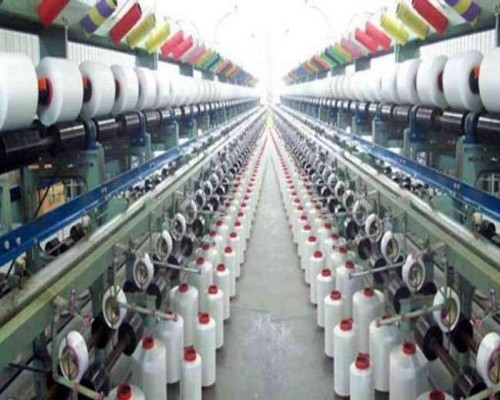Nvidia's Future Hinges on Advanced Chips That Push Technological Boundaries

UV INDIA NEWS: Nvidia is betting on its advanced AI chips to maintain its lead in the semiconductor market, operating under the principle that "bigger is better." However, this approach comes with challenges as these next-generation chips, known as Blackwell, are roughly the size of four Scrabble tiles and house 2.6 times the number of transistors compared to their predecessors. Nvidia's CEO, Jensen Huang, has noted a high demand for these powerful chips.
Despite Nvidia's recent quarterly solid sales and profits, the company acknowledged significant manufacturing challenges with these advanced chips, impacting profit margins. Nvidia did not detail the specific issues, but industry experts suggest that the complexity of Blackwell's design, which combines two advanced new processors on a single piece of silicon, poses manufacturing hurdles. Each chip needs to be nearly flawless; even minor defects can render the $40,000 Blackwell chips useless, impacting overall production yields.
These chips involve a delicate blend of silicon, metal, and plastic components. Even small heat variations can lead to material warping at different rates, complicating the manufacturing process. G. Dan Hutcheson, Vice Chair of TechInsights, highlighted that getting the components to work in unison is crucial, as any drop in individual yields can lead to broader manufacturing issues.
According to Huang, Nvidia recently made design adjustments to improve Blackwell's production yields, with no functional changes required. The company remains confident in its strategy, with Chief Financial Officer Colette Kress indicating that Nvidia is on track to scale Blackwell's production, which is expected to significantly boost its revenue.























